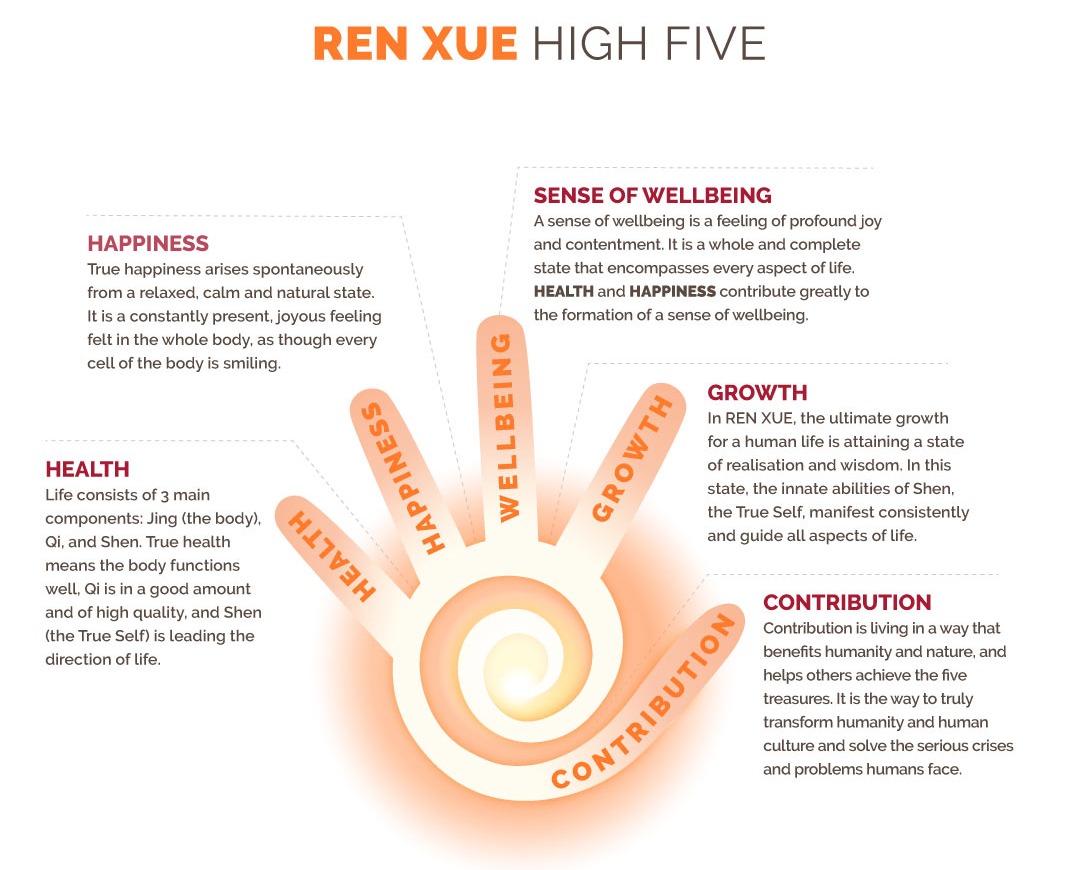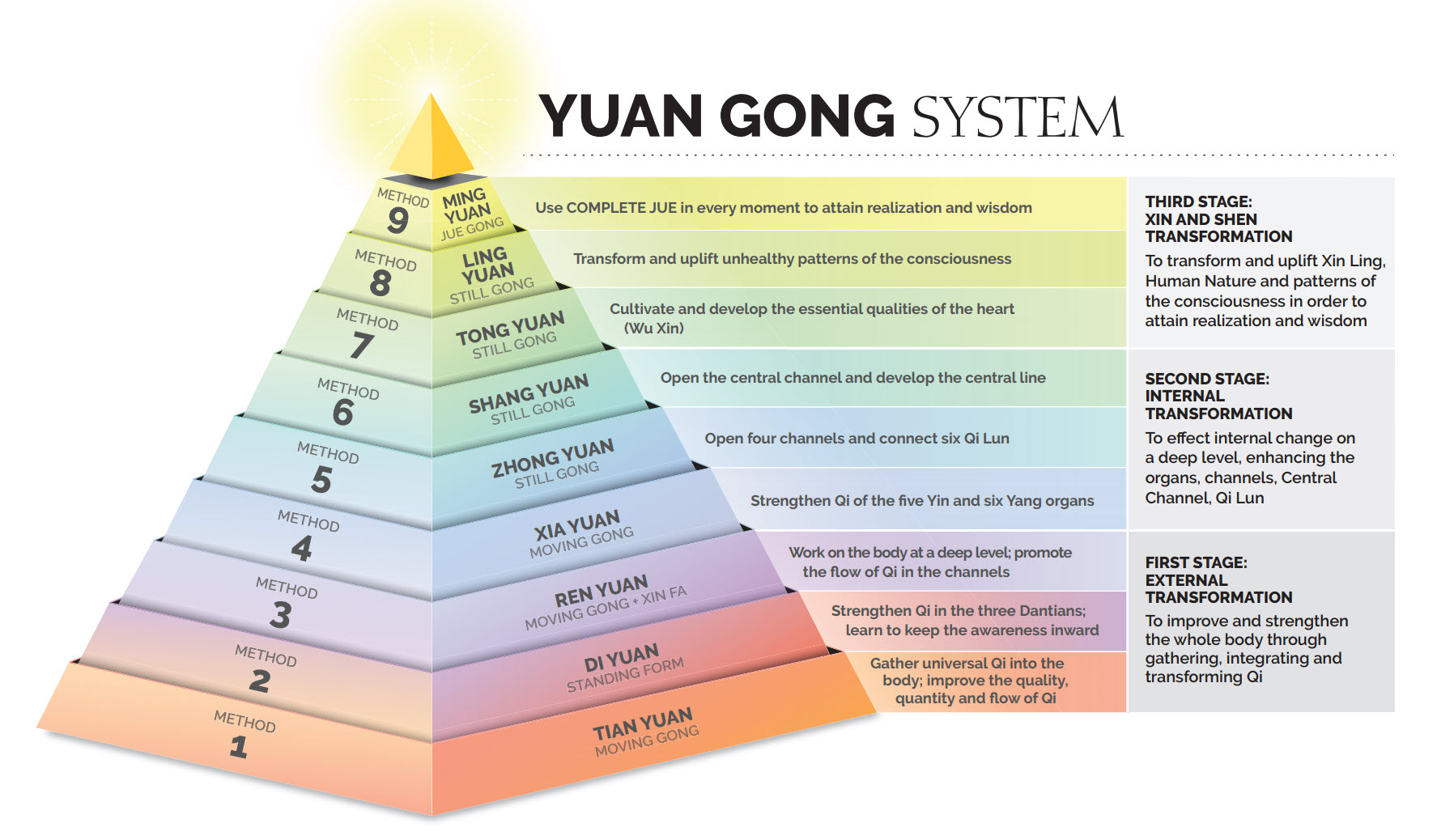From Competition to Collaboration

"It’s all falling apart right now as we face energy crises, banking crises, climate-change crises, energy crises, food crises, ecological crises and more, and we don’t have the slightest idea what to do about it".
So reads the opening line from Lynne McTaggarts' recent blog (posted in full below).
It is clear our world is in crisis.
Crisis happens when change is needed and overdue.
Crisis happens individually if we ignore the signs for change - usually these crises turn up in the guise of health issues, relationship difficulties, work challenges, financial strains...
The good news is, as long as we make the necessary adjustments to get back on course, our body, mind and life will re-harmonize, restoring balance, integrity (wholeness) and harmony.
Now the crisis is happening collectively, and the turning point to it becoming glaringly obvious was the onset of the 'Covid' crisis.
The universe is clearly telling the human race that it can no longer operate as it has been doing, because it is causing too much harm to ourselves... nature... the planet.
The signs were here a long time ago, but we ignored them.
Now it is telling us we MUST make change. Many changes, on many levels. This change is non-negotiable.
A Change of Values
One of the fundamental changes needed is a CHANGE IN VALUES.
We need to change how we operate... how we spend our time... what we perceive and understand as 'success'.
The old way of living is not working.
The old way of doing business is no longer working.
Making money is not a sign of true success.
Being seen as 'the best' is not a true sign of success.
Having the biggest house is not a true sign of success.
The true treasures of life are not what we have been taught and accustomed to think they are.
In Ren Xue life cultivation we learn how the treasures we are really seeking have little to do with economic growth, and everything to do with our health, wellbeing and being able to serve others.

The over-riding philosophy of the Ren Xue system is 'Zi Du Du Ren' - lift yourself up, and lift others up.
THIS is our goal as humans.
We have much to do to achieve this, much change is needed.
And the first step is recognizing the change is needed, and then understanding how to achieve it.
Ren Xue provides a pathway to create inner change which then reflects as outer change.
Global Awakening Day was created to bring awareness to this change.
Annual GAD page on Tao Health website.
Working on our unhealthy patterns of consciousness is part of this much needed change.
You are invited to explore the 9 methods of Yuan Gong to help you bring positive change to your own life and that of others!
Lynne's Full Article:
It’s all falling apart right now as we face energy crises, banking crises, climate-change crises, energy crises, food crises, ecological crises and more, and we don’t have the slightest idea what to do about it.
But the crises we face on many fronts are symptomatic of a deeper problem, with more potential repercussions than those of any single cataclysmic event.
What’s ending the story we’ve been told up until now about who we are and how we’re supposed to live — and in this ending lies the only path to a better future.
Our paradigm for living today has been built upon the premise that competition is the essential calling card of existence. Every modern recipe in our lives has been drawn from our interpretation of life as individual and solitary struggle, with every-man-for-himself competition an inherent part of the business of living.
Our entire Western economic model is built on the notion that competition in a free-market economy is essential to drive excellence and prosperity. The world, as Woody Allen once put it, “is one big cafeteria.”
The individualistic, winner-take-all zeitgeist of modern times is to blame for many of the crises we presently face in our society, particularly the excesses of the financial sector, with its insistence on a bigger and better profit every year, at any cost.
We urgently need a new story to live by, a new economic system – essentially a new capitalism. We need our work to be what psychologists call a superordinate goal – a goal only achieved by large cooperative teamwork of two or more people.
Engaging in sharing and teamwork tends to transcend differences, because it emphasizes the very heart of humanity — we are all in this together. And if we are all in this together we are no longer competing for scarce resources.
JOHN LEWIS
Over the generations, certain far-sighted individualists have acted as change agents for a economic model using the idea of a superordinate goal.
During the midst of the Great Depression’s banking crisis in 1929, John Spedan Lewis, who became the head of the John Lewis department stores in Britain after the sudden death of his father, believed that the “present state of affairs” — by which he meant outside shareholders who separate the providing of capital and its use — was a “perversion of the proper working of capitalism.”
“Capitalism has done enormous good,” he wrote. “But the perversion has given us too unstable a society. It is all wrong to have millionaires before you have ceased to have slums.”
In this extraordinary statement for its time, he was saying that too many people owning stock in a company, but far removed from its operation, were freeloaders. He did not believe in socialism, but in a brand of capitalism where a person’s financial reward should be commensurate with his contribution.
He also understood that lack of fairness in a society was highly toxic to all, rich and poor. “Differences of reward must be large enough to induce people to do their best,” he wrote. “But the present differences are far too great.”
Lewis came upon the idea of creating a superordinate goal of his business – a goal that can only be achieved with the collective efforts of everyone involved. He turned his department store into a partnership, with each and every employee a part owner.
No matter how menial a person’s contribution, each employee would receive an array of perks, including excellent pension schemes and country-club membership for weekends away.
But the most radical idea of all was that profits would be split among all employees. Although the workers would receive differential salaries, according to their contribution, each employee, from the lowest shelf-stacker to the chairman, receives the same percentage payout of his own salary as a bonus.
During the 2009 financial crisis, John Lewis’s employees worked together to ensure that everyone survived. “It was tough,” said one employee about the 2009 recession, “but we all pulled together.”
The following year, when Marks and Spencers, Britain’s then No 1 retailer, made profits of just 5 per cent, John Lewis distributed £151 million in profits, with every one of the store chain’s 70,000 employees receiving 15 per cent of their basic salary — the equivalent of 10 weeks’ pay.
Lewis understood that he could create a resonance effect among all of his employees if they were all working for the good of the whole. The power of working together raises everybody’s game.
There are many other examples every day of the power of a superordinate goal.
SOUTHERN MARYLAND ELECTRIC
Innovative organizations around America, for instance, have used the power of a superordinate goal to create collective ways of providing public services.
Southern Maryland Electric is a consumer-owned cooperative that provides power to a portion of the state, and Group Health Cooperative, based in Seattle, Washington, offers members the ability to govern their own nonprofit healthcare system.
Southern Maryland, one of 15 energy cooperatives in the US, are essentially owned by their customers. Any profits are first invested in new construction or improvements, but will refund any excess to the customer owners.
Since its inception, Southern Maryland has refunded $110 to its customers.
Although it still has to purchase energy from suppliers – and so prices will go up sharply this winter – unlike the energy companies, any profits will not into the pockets of faceless shareholders, as they are with the $11.5bn that Shell Oil is recording this year – a doubling over last year.
With any luck, Southern Maryland will be able to give some money back to its customers.
It’s time for all of us to figure out new models that reward working together for a common goal – so that we can all own both the problem and the solution.



